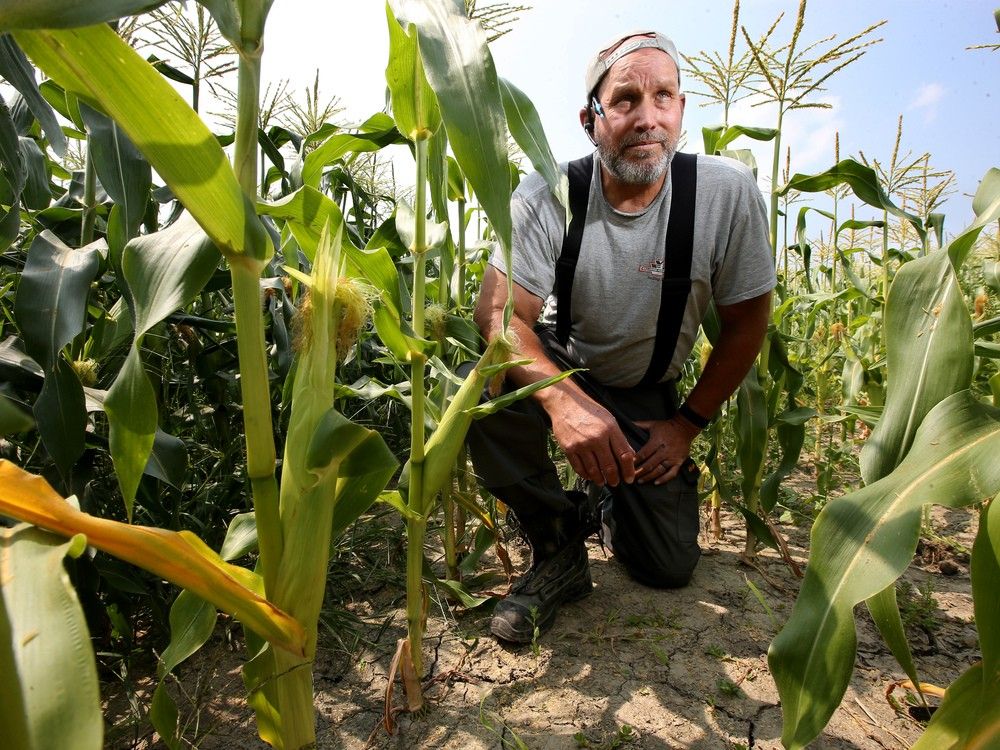TORONTO — Canada’s 2025 wildfire season is now the second-worst on record.
The latest figures posted by the Canadian Interagency Forest Fire Centre suggest the fires have torn through 72,000 square kilometres, an area roughly the size of New Brunswick.
That surpasses the next worst season in 1989 and is about half the area burned during the record-setting 2023 season, according to a federal database of wildfire seasons dating back to 1972.
Climate change, driven by the burning of fossil fuels, has made Canada’s fire season longer and more intense, scientists say. The last three fire seasons are all in the 10 worst on record.
“We really need to do a lot more to manage our forest, to reduce the impact of climate change and better prepare the communities that are at risk,” said Anabela Bonada, managing director of climate science at the Intact Centre on Climate Adaptation at the University of Waterloo.
This season has displaced thousands of people and stifled communities across Canada with wildfire smoke.
Manitoba and Saskatchewan account for more than half the area burned so far, but British Columbia, Alberta and Ontario are all also well above their 25-year averages.
Meanwhile, the military and coast guard were called in to help fight fires in Newfoundland and Labrador this week.
This season has put a strain on Canada’s firefighting resources. The country has been at its highest preparedness level since late May, relying on international help to tackle the fires.
There were 446 international firefighters in Canada as of Friday, said Alexandria Jones, a spokesperson for the Canadian Interagency Forest Fire Centre, which co-ordinates Canada’s firefighting response.
This season has officials exploring partnerships with countries whose fire season doesn’t so closely overlap with Canada’s, unlike the United States, Jones said. More firefighters are coming from Chile, Costa Rica and Mexico this year than in years past.
In all, about 1,400 international firefighters have helped fight Canadian fires so far this year.
“It is very exhausting work, and it does have impacts on mental health and so we’re very cognizant that our crews start to get tired,” Jones said in an interview Friday.
“That’s another justification why we bring in more international resources.”
Bonada, the University of Waterloo expert, said this season has underlined the importance of better preparing for intensifying wildfires.
Along with reducing greenhouse gas emissions, she pointed to a slew of possible changes to help communities prepare for the future.
At the local level, she suggested communities should be integrating fire breaks into their design, planning safe evacuation routes and completing annual emergency planning exercises, among other things.
This report by The Canadian Press was first published Aug. 8, 2025.
Jordan Omstead, The Canadian Press



